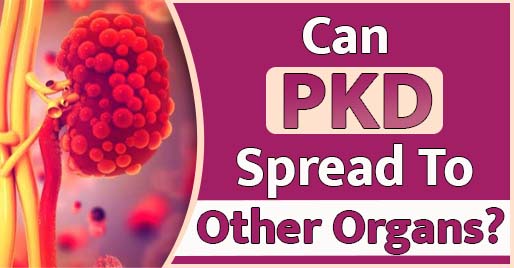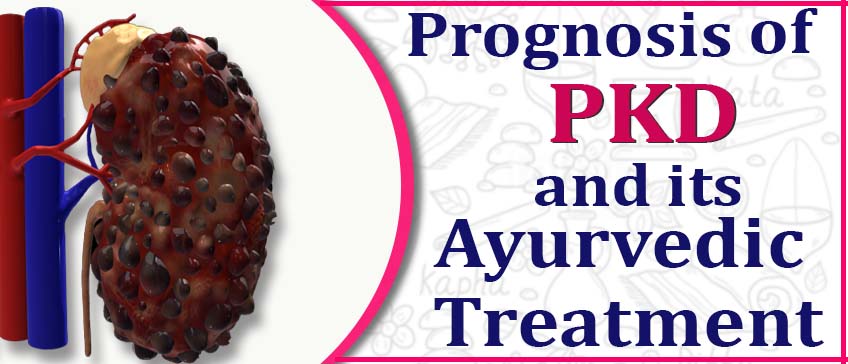What is PKD?
PKD or polycystic kidney disorder is a genetic condition that can’t be controlled by any individual. In this disorder, there is a formation of fluid-like pouches on kidneys. During this disorder, kidneys become prone to other severe diseases. In some cases, this disorder also leads to the complete damage of kidneys or kidney failure. This disorder is not gendered biased and can occur in anyone.
- What is PKD?
- What Are The Types of PKD?
- Autosomal Dominant Polycystic Kidney Disorder
- What Are The Causes and Symptoms of PKD?
- How PKD is Different From Kidney Cysts?
- What Are The Complications Associated With PKD?
- What Are The Available Treatments For PKD?
What Are The Types of PKD?
Only and the primary cause of this disorder is the mutated gene that can be transferred in inheritance from biological parent/s. Rarely, the PKD gene develops in your body on its own. The gene mutation occurs in this disorder is known as a spontaneous mutation.
PKD is classified into two broad categories and both are different from each other.
The two types of PKD are:
- Autosomal dominant PKD and
- Autosomal recessive PKD.
Autosomal Dominant Polycystic Kidney Disorder:
Let us first talk about the Autosomal dominant polycystic kidney disorder (ADPKD). It is also called as the adult PKD, because of the late appearance of symptoms in any person. It may occur when you reach the age of 30-40 years. ADPKD is the most common disorder among the PKD patient. It accounts for around 90% of PKD patients.
There are 50% chances that you may face this disorder if one parent carries the mutated gene. There is no hard and fast rule that the symptoms occur only in adulthood. In rare cases, the symptoms of this disorder may appear in childhood as well.
Autosomal recessive PKD:
If we talk about the ARPKD or Autosomal recessive polycystic kidney disease, this is a disease that is caused when both the parents transfer the mutated genes; maybe this is why this disorder is rare.
What Are The Causes and Symptoms of PKD?
There are certain symptoms that help in understanding the presence of PKD in your bodies:
- Light pain in the abdominal area
- Kidney stones
- The appearance of blood in your urine
- Fatigue
- Skin that tarnishes easily
- More frequent urination
- Pain in the sides
- Urinary tract infection
- Heaviness in the back
- Skin color changes to pale
- Joint pain
Some people may witness some of these symptoms later in teenage or adulthood. These signs help in the PKD prognoses and also assist in the Ayurvedic treatment.
How PKD is Different From Kidney Cysts?
Simple cysts are non-cancerous in nature, and it can be cured easily with a simple change in the regular diet.
Cysts made in this Polycystic Kidney Disease become larger than usual and cause health complications; and in rare cases, these cysts are responsible for kidney cancer. PKD can enlarge your kidneys 4 times than the actual size. PKD prognosis Ayurvedic treatment can eliminate this disorder permanently. Ayurveda is the finest treatment for your kidneys and can cure this disorder at any level.
What Are The Complications Associated With PKD?
Getting any illness is bad for your body and kidneys. There is nothing worse than getting caught by associated diseases. If this disorder does not get prompt treatment, then it can lead to certain complications that are as follows:
- PKD leads to hypertension. In near future hypertension can also affect your kidneys.
- By the age of 60, you may lose your whole kidney’s function, if it is not managed timely
- Kidney failure caused due to PKD
- PKD can lead to pregnancy complications
- It may also cause abnormalities with your heart rate. It happens in 25% of cases of PKD cases.
- It causes chronic pain on your back.
- Development of cysts on your liver
- There are more chances of having a weakness.
- Formation of the balloon-like bump in blood vessels of your brain
PKD prognosis Ayurvedic treatment might help in preventing the progression of this disorder naturally.

What Are The Available Treatments For PKD?
If PKD does not get prompt treatment on time, then it can turn into a monstrous and deadly situation for you. There is no specific treatment available in the allopathic treatment to cure your kidneys with this disorder, because of its genetic nature. No doubt, Allopathic medicines can give you instant relief from this disorder, but will not eradicate the roots.
If you are looking for the best and reliable treatment, then Ayurveda is something that you can trust blindly. Ayurveda leaves no side effects and treats kidney disorders at any level. Even the Allopathic medicine system also claims that this disorder is untreatable but experts suggest that with the help of Ayurveda you can reduce the progression of this disorder from its roots.
Ayurvedic medicines are made from natural herbs that are highly effective for your kidneys and can provide you long-term relief. Individuals who are diagnosed with this disorder are suggested to advise to control the blood pressure and follow a strict renal diet for faster recovery. It will also help you in preventing the formation of cysts in your kidneys and liver.
Choosing Polycystic Kidney Disease Treatment in Ayurveda can be very productive for your kidneys as well.


1 thought on “Prognoses Of PKD And Its Ayurvedic Treatment”